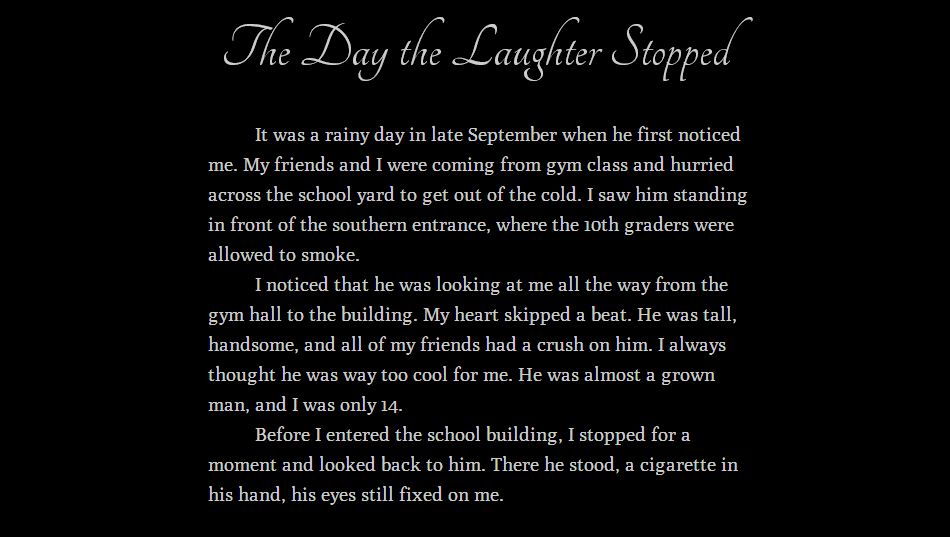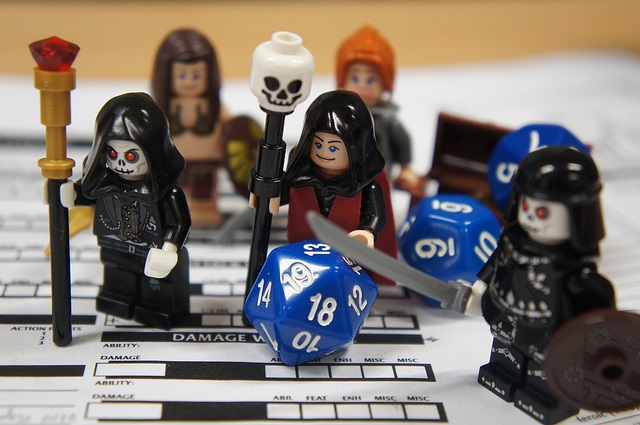“Casual:” it’s a word that’s laden with hidden meaning in the gaming community. It’s an increasingly popular style of game that’s largely meant to target an audience outside of what might be considered the “core” gaming demographic. It’s the trend of game development companies to increase their funding and attention on games for smart phones or for the everyday player. It’s a type of game that’s opening the world’s eyes to the ubiquity of gaming. It’s a plague on the industry and “not real gaming.” It’s a derogatory name given to those who “aren’t really gamers.” And it’s a title I know both myself and many other female gamers have feared at some point in their gaming histories.
I personally have a love-hate relationship with casual games. They’re generally simple but fun and fit in nicely with a busy schedule. For that I appreciate them. But other times, as I contemplate what I’ve played in the past week and realize that it’s a list mostly dominated by casual games, I get anxious. Though these situations usually arise because of a busy schedule and a lack of time to sit down for multiple hours to play something more “serious” and time consuming, I still worry about how this reflects on my status as a gamer. Can I really call myself a devoted gamer if all I play are casual games? Does my playing Animal Crossing, The Sims, or any other stigmatized casual game make female gamers who are trying to be taken seriously look bad? After all, being called a casual gamer in the gaming community is bad enough, but being a woman who plays casual games just confirms the stereotype that women aren’t “real gamers.” In essence, I find myself, as a woman gamer, worried that my gaming habits will look badly on female gamers as a whole.
Stereotype threat is the fear or apprehension faced by members of a certain group that their actions or behaviors will in some way contribute to, confirm, or perpetuate a cultural stereotype associated with their group. Often this comes with the negative side effect of impairing a member’s ability to perform well. As I was reading through a description of the psychological principle, I couldn’t help but feel that it fit with my apprehension towards “indulging” in casual games or playing too many of them. I’ve heard friends say they worry about listing their favorite games (even games that I wouldn’t consider casual at all) because of the fear of being labeled as just another “girl gamer” who’s really just a casual. And that’s exactly what it boils down to. We’re afraid of playing whatever kinds of games we want to because it will look bad; because it might confirm the stereotype that women gamers have been trying to shake all this time – that we aren’t really gamers. So we hold our tongues and hide our copies of Animal Crossing; perhaps we even tuck those games away in drawers or the metaphoric corners of our desktops because if not, we might be just another female gamer who’s just fooling herself.




